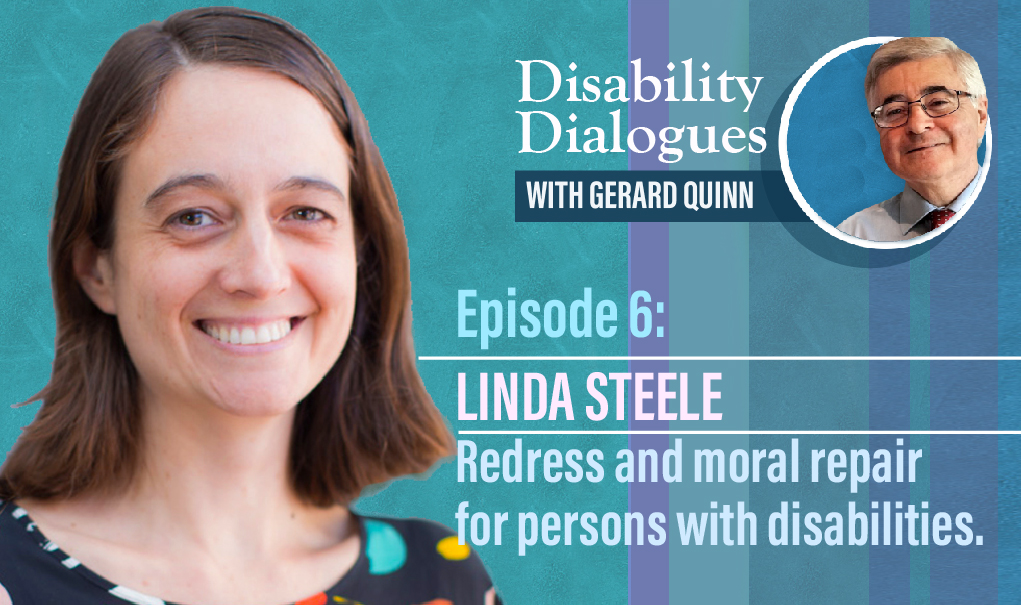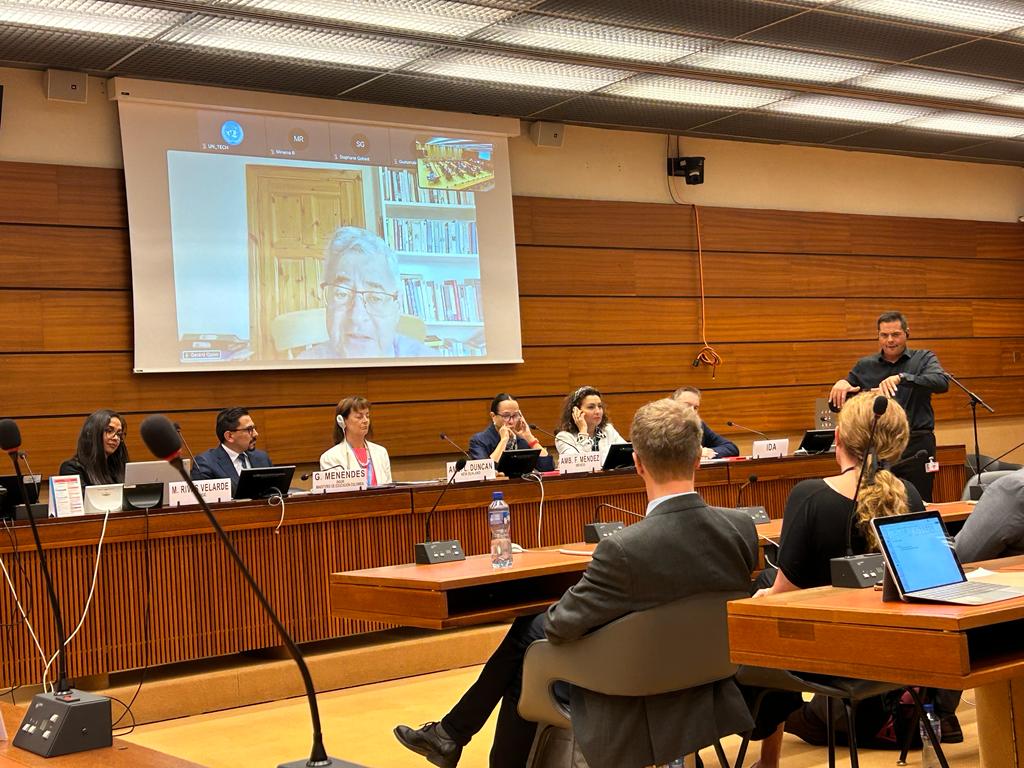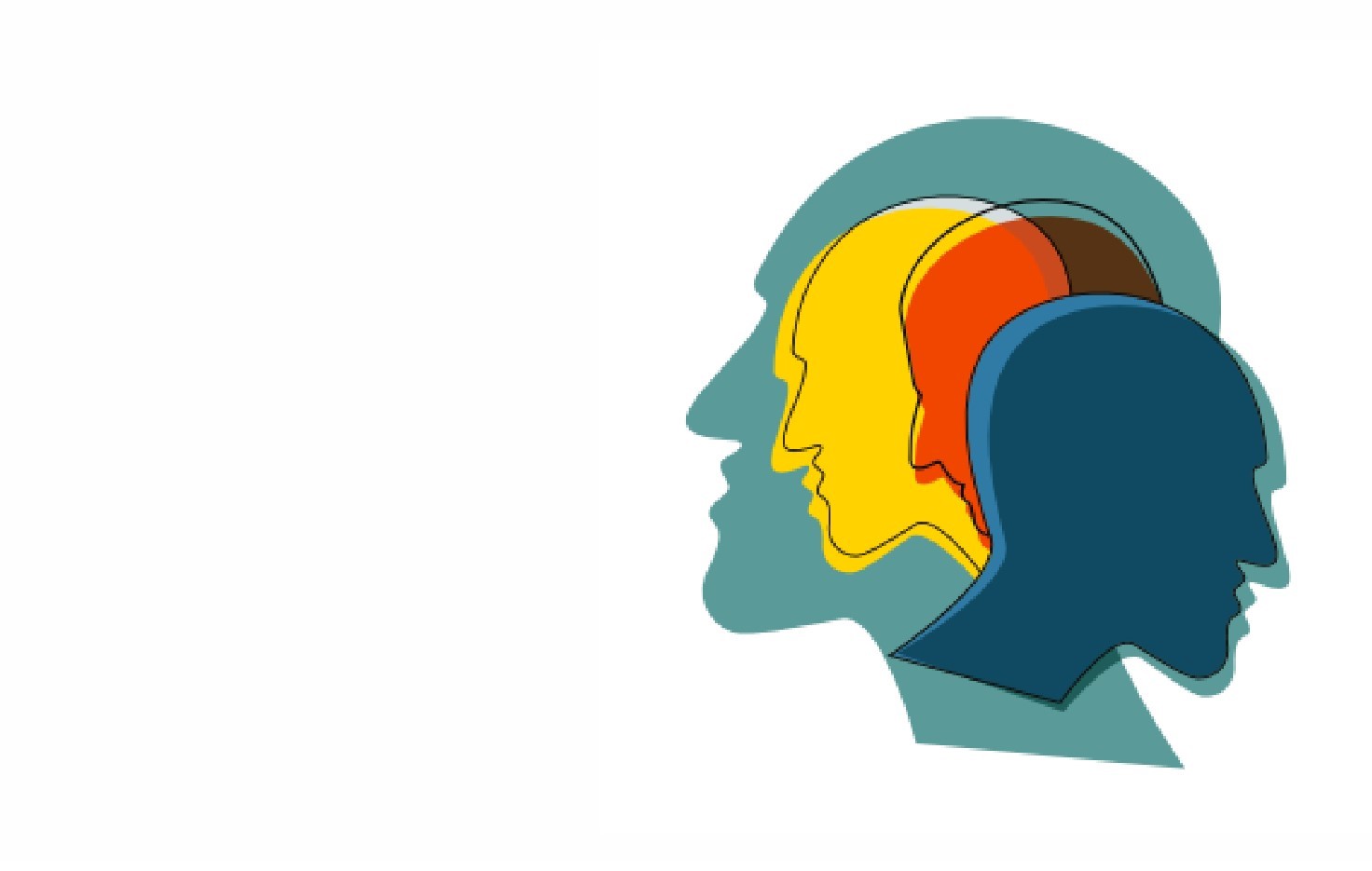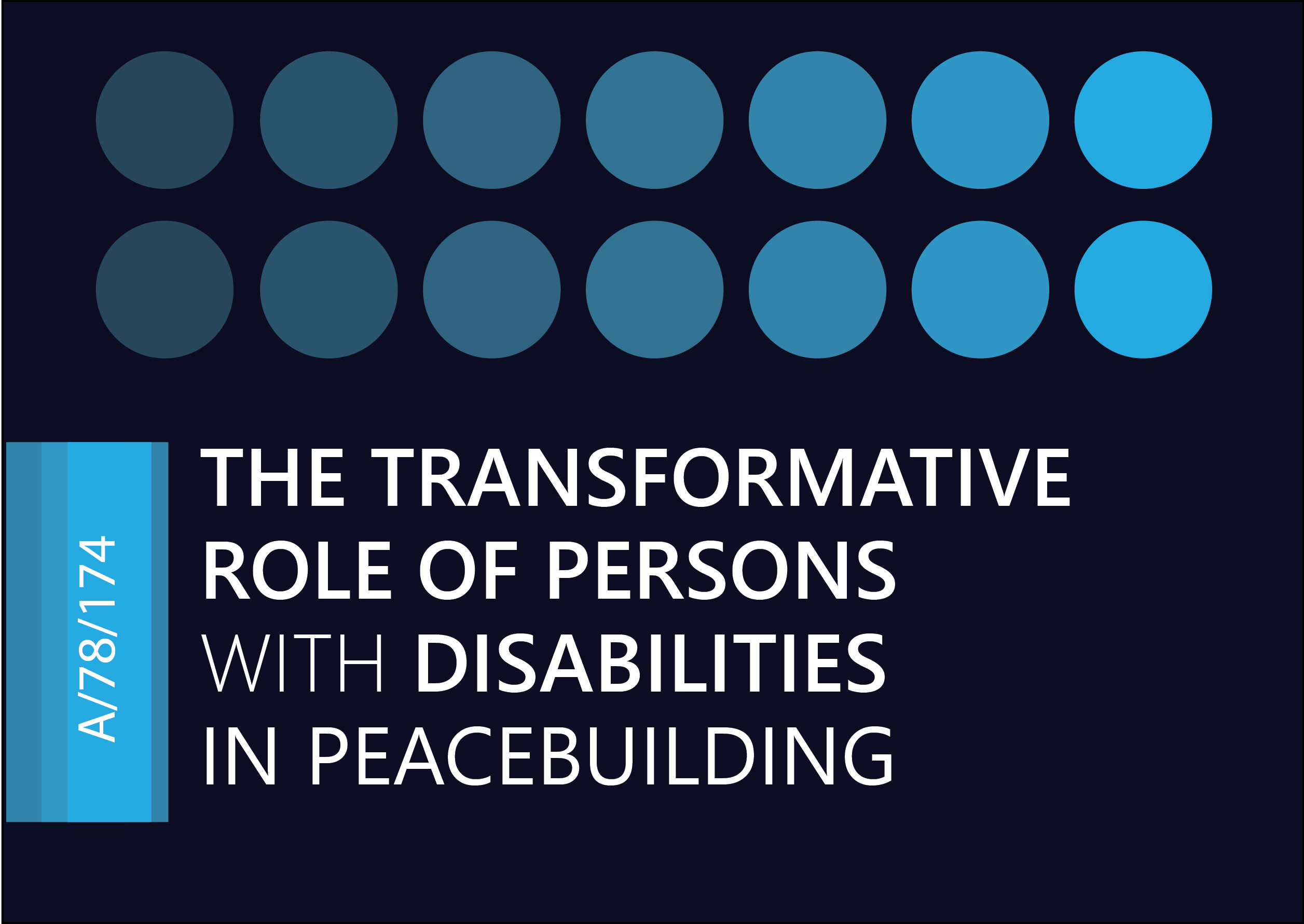Our challenge is to find ways of eliminating the distorting variables that don’t allow the voice of people with disabilities to be heard.
I wish to thank the Bureau for the invitation to participate in the closing of the 16th session of the Conference of States Parties to the Convention on the Rights of Persons with Disabilities.
It has been a rich and intense set of discussions with many new perspectives and ideas emerging.
As always, the main value of COSP is to have a space where all interested parties – States, civil society, and others -can share perspectives, challenges, obstacles and point together to solutions.
Through COSP, you have all found ways to express your passion and to put forward innovative ideas.
I began at the opening of this COSP by talking about one of my passions which is the balance of risks and opportunities facing by persons with disabilities due to the disruptive influence of Artificial Intelligence.
I look forward to being briefed on the nature of the discussions you have had on the topic. A lot turns on how humanity can harness this new force – hopefully a force for good.
Let me end by commenting on the 3rd theme this year – how to ensure that under-represented groups are heard.
Of course, the AI debate is part of that debate since it has many liberating potentialities.
But allow me to focus on something else – what do we mean by under-represented groups?
Maybe partly due to the medical model we have tended in the past to think of this predominantly in terms of different diagnostic categories of disability – physical, sensory, psychosocial, etc.
I would argue we also need a more situational sense of who is under-represented by looking at exclusionary processes in a variety of domains and who they impact.
For example, whole categories of persons with disabilities are beginning to be liberated around the world from institutionalisation and legal incapacity. Their long-neglected voice still needs to be heard especially on the modernisation of social service and care systems.
Refugees with disabilities and internally displaced persons with disabilities are rarely heard. Why not?
We all know that civilians are among the first and worst victims of armed conflict – yet the voices of civilian victim with disabilities are almost invisible? Given that they constitute an average of 15% of any given civilian population this is just unacceptable.
Furthermore, persons with disabilities hold key insights about inclusion that can act as a cement for a peacebuilding process – yet they seem to be systematically excluded from most peacebuilding processes worldwide. Why?
And alliances across civil society groups – so central to any process of change – has been traditionally fraught when it comes to disability. This means that your chances of getting a message across are somewhat less. This systemic lack of opportunity to build coalitions and alliances actually reduces your voice. It is no accident that persons with disabilities were described as a ‘discrete and insular minority’ disadvantaged in the democratic process by the Americans with Disabilities Act.
Hard to reach doesn’t just mean hard to reach on account of one’s disability. It means hard to reach because traditional processes for facilitating voice are simply not attuned to how the voices of persons with disabilities are to be heard in a variety of domains. This under-inclusiveness affects all. This invisibility affects all. Who loses – everybody loses.
Many have commented on how he disability rights agenda overlaps with the debate about democratisation. I fundamentally agree. Writing several centuries ago, Jean Jacque Rosseau said ‘no one can represent you – you can only represent yourself.’ Our challenge is to find ways of eliminating the distorting variables that don’t allow voice to be heard. It isn’t just the technical difficulty accompanying particular disabilities that has to be addressed – it has to do with the legacy of exclusion and invisibility affecting persons with disabilities in so many different domains.
As you wind down and travel home after another successful COSP, I urge you to think about the link between democracy and disability. This is a two-way street – greater engagement means better decision-making processes and better outcomes. And better engagement means more responsive governance to the people. At the end of the day this is why the alliance between human rights, democracy and the rule of law is so important. Disability makes that self-evident.
Thank You.
Watch the closing session of CoSP 16:





